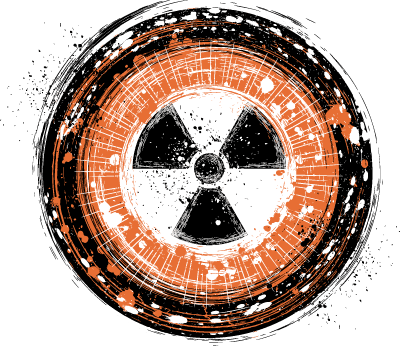Rust
Every player starts off the same. Unclothed and ill-equipped to survive the day, players spawn on the shores of an indifferent island. Similarly, every life concludes with the clinical inevitability of a server wipe. After a week, the global reset could occur. It may take longer on a different server, but there is no way around it. The entirety of Rust is bookended by the chaos of a fresh spawn and a resetting death. In a hostile world, these are the only universal truths. You were born. You endeavor to survive. Self-cleaning of the server. Then, the process begins again.
What occurs between these moments is what is significant
Rust is a great survival game in that almost every aspect of it is openly hostile to the player. Rust rarely allows players to relax their guard, from the moment they spawn to the player-driven arms race of base construction and nighttime raids. It can be unwelcoming, or even discouraging, to spend time on one of Rust's randomly generated islands. Those who persevere, however, will discover a beautiful playground where unpredictability reigns with patience, grit, or a combination of both.
It is difficult to condense a game like Rust to its bare essentials without making it sound uninteresting. Like other survival games, the only objective is to remain alive. Primarily, this entails spending a great deal of time felling trees and breaking rocks for stones and ores. Rust's subtle systems make gathering resources faster than one might expect. For instance, upon impacting a tree, a red "X" is spray-painted on the trunk. As well as breaking up the monotony of repetitive actions, pressing the X grants an incremental bonus to the wood resources with each subsequent chop. Mining rock nodes has the same effect, with sparkling points indicating the optimal location. Earning small bonuses makes grinding for essential materials a bit more tolerable, despite the fact that you'll still have to spend a considerable amount of time doing so.
However, agricultural resources such as wood and stone are only useful if they are put to use. And in Rust, it is necessary to construct a shelter for protection against the elements and other players. With a few hundred pieces of wood stashed away, players can create a building plan and begin construction on a modest home. Rust's modular building system makes it simple to assemble a small base, as foundation tiles snap to wall tiles with little effort. With practice (and sufficient resources), players can either fortify their structure with sturdier defenses or build a massive outpost with loot rooms, furnaces, and dozens of interior design elements.
Despite the importance of establishing a base of operations for survival, the meat of Rust lies in its chaotic social dynamics. At any given time, a server may host anywhere from 25 to more than 200 players, each of whom is scouring the map for crafting materials, constructing bases, or searching for a fight. Rust maps are typically large enough that encountering a lone player in the wilderness feels inherently dangerous and unpredictable, but the community's propensity for volatility means that griefing and abusive language are common. Obviously, each player's experience will differ based on the server they choose, but it's not uncommon to be attacked by another player the moment you cross paths. Encountering other players will undoubtedly be exhausting and aggravating for those who err on the side of avoiding conflict. Rust's sprawling plains and toppled landmarks are an excellent backdrop for player-driven narratives and tense, dramatic moments, but only if you can look past the game's toxic community or find a more welcoming server.
The optimal performance in Rust occurs when players strike a balance between creativity and role-playing. Rust is one of the few games capable of generating the kind of self-contained experiences that are available in few other games. The existence of a server is marked by daring raids and gunfights that pierce the otherwise still air. Random encounters with other players can either result in uneasy alliances or escalate into tense resource node standoffs. On a moderately populated Rust map, there's almost always something happening; it's up to the players to seek out interaction or generate their own chaos.
A week in Rust can be filled with occurrences. Surviving the elements is a difficult task in and of itself, and the game's punishing survival systems make it difficult to recommend to all players. Rust offers a social sandbox and a deep, functional crafting system to those who are willing to put in the time and stick with the game. At times, it feels as though anything is possible in Rust, such as witnessing players betray one another or stumbling upon a small sheet metal city in the desert. On the player-driven island, you must simply accept that nothing is permanent. Eventually, it will be necessary to reconstruct everything.

